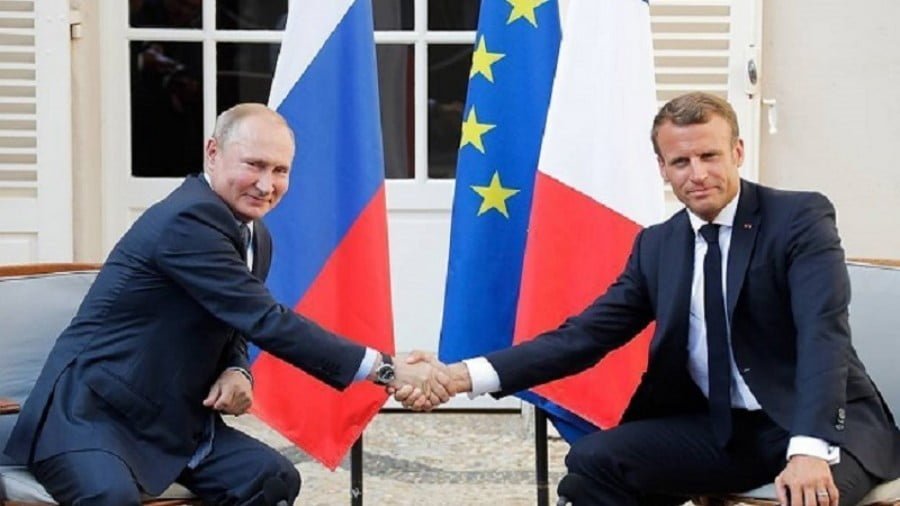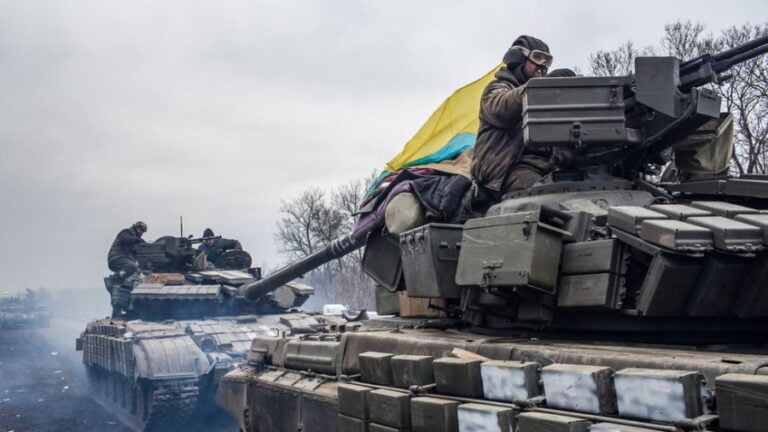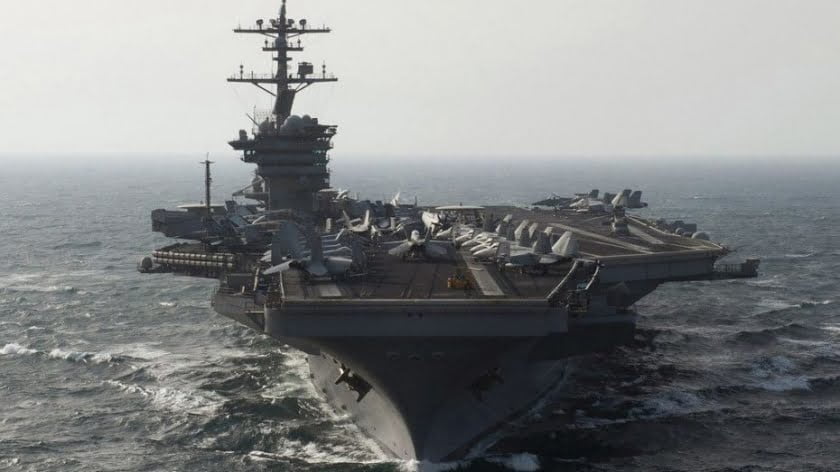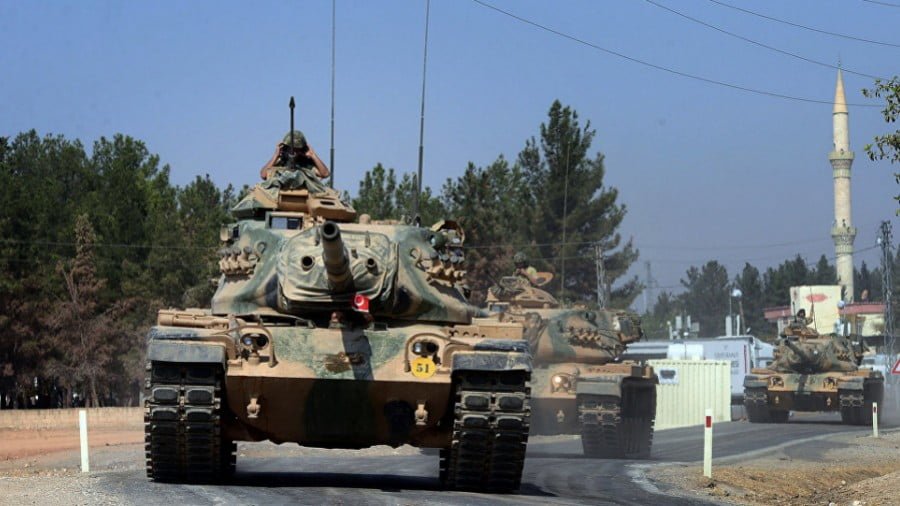Franco-Russo Competition in the Central African Republic Doesn’t Have to be Zero-Sum
France seems to regard its competition with Russia in the Central African Republic as a zero-sum game, but it doesn’t have to be like that since both Great Powers can contribute in their own way to that country’s development.
The French Foreign Minister dramatically claimed last week that “In the Central African Republic, there is a form of a seizure of power, and in particular of military power, by Russian mercenaries.” This came shortly after Paris suspended military and budgetary support to Bangui in response to accusations that the Central African Republic’s (CAR) government was complicit in an information warfare campaign against France that allegedly also involves Russia. That decision was preceded by French President Macron provocatively describing his CAR counterpart as a so-called “hostage” of Russian private military contractors (PMCs). These developments strongly suggest that France views its competition with Russia there as a zero-sum game, but it doesn’t have to be like that since both Great Powers can contribute in their own way to that country’s development.
For those readers who haven’t closely followed events in the CAR over the past few years, Russia has recently emerged as a major force there after providing military assistance to Bangui in full compliance with relevant UNSC Resolutions on the matter. I hyperlinked to 18 of my prior pieces over the years about this dimension of Moscow’s geostrategic “balancing” act in my article two months ago asking “Is Khodorkovsky Behind The Claims Of Russian Death Squads In The Central African Republic?” The one from June 2019 about how “Russia’s ‘Pivot To Africa’ Encroaches On France’s Traditional ‘Sphere Of Influence’” is the most topical to this particular analysis. It described how Russia’s “military diplomacy” through arms sales and PMC deployments in the name of “Democratic Security” (counter-Hybrid War tactics and strategies) is increasing its appeal throughout Africa.
This model was first practiced in the CAR where it’s currently being perfected. France practically abandoned its resource-rich but chronically impoverished former colony due to its seemingly intractable civil war, which created the opportunity for Russia to come to its assistance a couple of years ago and surprisingly make progress on stabilizing parts of the country. France fears the growing attractiveness of Russia’s “Democratic Security” model in its African “sphere of influence” since Moscow has proven that it’s more than capable of replacing some of the security assistance that Paris used to provide to its partners. The crucial difference between the two, however, is that Russia doesn’t make political demands of those countries. Nevertheless, there do seem to be some quid pro quos involved such as obtaining preferential access to certain resources.
Even so, Russia’s “Democratic Security” model is very flexible and tailored to meet the needs of its many partners across the continent. Moscow also has an interest in comprehensively strengthening ties with those countries too beyond the military and resource spheres in order to cultivate reliable allies. This is evidenced by its investments in the CAR’s social sphere and the emphasis on improving people-to-people ties. Russia knows that it can’t rely on inter-elite relationships indefinitely if it seriously aspires to become a meaningful geopolitical “balancing” force in Africa, hence its focus on improving the lives of its partners’ people for soft power’s sake. France has mostly neglected to do this since it took its partners for granted by doing for decades exactly what it dishonestly accuses Russia of nowadays, which is simply relying on elite patronage networks.
This explains why France is so furious with Russia’s strategic inroads in the CAR. The Eurasian Great Power is handling its African outreaches a lot better than the Western European one which has a centuries-long “sphere of influence” there stretching back to the colonial era. France will have to step its game up if it doesn’t want to lose more hearts and minds to Russia’s much more pragmatic approach across this strategic space. Alas, instead of learning these long-overdue lessons, France decided to punish the CAR by suspending military and budgetary assistance, which is speculated to have prompted a change in government there after the Prime Minister was replaced with someone who media reports claim is more acceptable to Paris. This observation can be seen as a pragmatic move on Bangui’s part since it doesn’t consider Franco-Russo competition to be a zero-sum game.
Ideally, France and Russia would contribute in their own way to developing and stabilizing their shared partner. For instance, France is still an impressive economic force to be reckoned with there, while Russia is the country’s newest and most reliable security provider. The legacy of French influence won’t be erased anytime soon so it’s fitting for the two countries to repair their relations, though not at the expense of Russian-CAR relations like some in Paris might hope. Russia doesn’t impose any ultimatums on its partners nor does it ever pressure them to reduce their ties with others so France should hopefully learn from this pragmatic policy if it truly aspires to retain and even expand its influence there. Punishing the CAR is counterproductive and confirms that Paris is behaving in a very condescending manner which implies a hierarchy between the two.
France will inevitably have to incorporate Russia into its newfound “Lead From Behind” stratagem across its “sphere of influence” that I wrote about last week when describing the evolution of its Operation Barkhane in the Sahel. The Western European Great Power’s prior model of hegemonic dominance over its partners is coming to an end as the world transitions to multipolarity. The ongoing New Cold War between the US and China is compelling the Global South countries in which they compete to actively search for third-party “balancing” forces like Russia. Their traditional partners, in this case France, don’t sufficiently meet their increasingly independent strategic needs. France still has a chance to retain its “sphere of influence”, but it must lean to “share” it with others like Russia otherwise it’ll lose its influence a lot faster than if it doesn’t.







